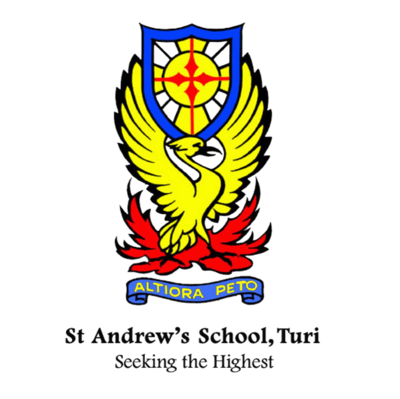ISI Inspection Report - Flipbook - Page 6

Inspection of Standards for British Schools Overseas
6
Key findings
2.1
The school meets all of the Standards for British Schools Overseas and the Minimum Standards for
Boarding except those which it is precluded from meeting because of the host country's legislation.
The requirements of the host country take precedence and no action points are, therefore, specified.
Part 1 – Quality of education provided
2.2
The Standards relating to the quality of education in paragraphs 2, 3 (a) to (i) and 4 are met, but that
relating to paragraph 3(j) (teaching) is not met because it is precluded by the country's legislation
2.3
The curriculum in both the senior and prep sections of the school is well balanced and provides pupils
with experience in linguistic, mathematical, scientific, technological, human and social, physical,
aesthetic and creative education. It enables pupils to acquire speaking, listening, literacy and
numeracy skills and a good understanding of English. Policies, plans and schemes of work for all
subjects take account of the ages, aptitudes and needs of the pupils, including those with SEND. A
wide range of extra-curricular activities provides opportunities in sport, the performing and creative
arts and adventurous activities. All pupils also study Kiswahili. Pupils are well prepared for the
opportunities, responsibilities and experiences of life beyond school, underpinned by an
understanding of fundamental British and Kenyan values, which closely reflect the fundamental values
of the school.
2.4
The teaching enables pupils to acquire new knowledge and make good progress, a view endorsed by
most parents and pupils in their response to the pre-inspection questionnaires. Additional support is
provided for the small number of pupils who join the school with limited English and for those with
SEND. In most lessons, throughout both schools, the teaching is well-planned including challenge for
the most, employing effective teaching methods, using a variety of resources, demonstrating good
subject knowledge and understanding, with effective behaviour management. The curriculum is
unable without constraint to include content and material relating to gender reassignment, civil
partnership and same-sex unions as they are not recognised in Kenyan law and the promotion of any
such related issues is precluded by the Kenyan legislation. The curriculum is otherwise based on the
English national curriculum.
2.5
Section 3 of this report provides a more detailed evaluation of the quality of the pupils’ learning and
achievements and the contribution that the curriculum and teaching make to these outcomes.
Part 2 – Spiritual, moral, social and cultural development of pupils
2.6
The Standards relating to spiritual, moral, social and cultural development in sub-paragraphs 5 (a),
(b) (i) (ii) (iii) (iv) (v) (vii) are met but that in sub-paragraph 5 (b) (vi) [encouraging respect for other
people] is not met because it is precluded by the country's legislation
2.7
The school promotes the fundamental British values of democracy, the rule of law, individual liberty,
and mutual respect and tolerance of those with different faiths and beliefs. It promotes principles
which enable pupils to develop self-knowledge, esteem and confidence; distinguish right from wrong;
accept responsibility for the behaviour; contribute to lives of others; and gain knowledge and respect
for public institutions in England and for responsibilities of Kenyan citizenship. Further, it encourages
tolerance and harmony between different cultural traditions and a balanced presentation of political
views and preclusion of partisan political views. The schools encourage respect for other people with
regard to the following protected characteristics as set out in the UK Equality Act 2010; age, disability,
pregnancy and maternity, race, religion or belief. The promotion of those relating to gender
reassignment, marriage and civil partnership and sex are precluded to some degree by the host
country’s legislation. A small minority of pupils stated in their questionnaires that their views on
boarding were not always listened to. In discussion with boarders, across all age groups, they
© Independent Schools Inspectorate 2022
St Andrew’s School – Turi – Kenya – March 2022